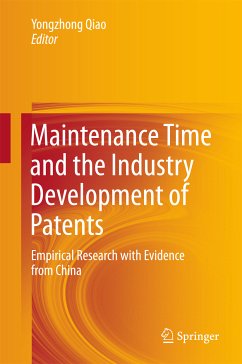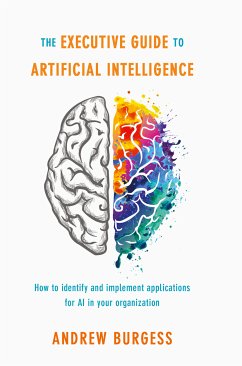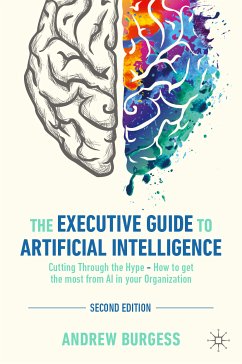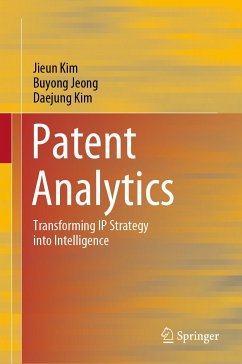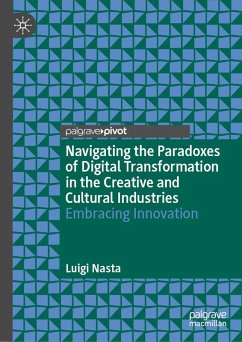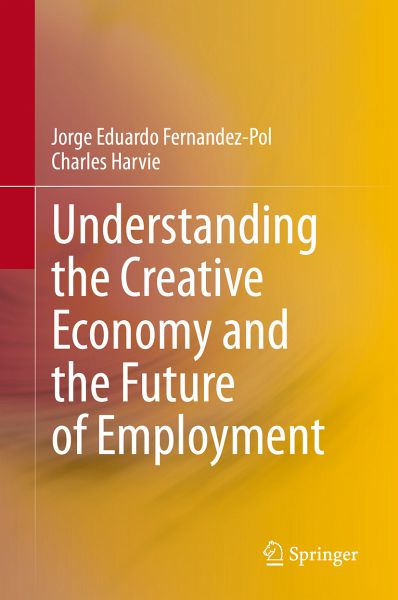
Understanding the Creative Economy and the Future of Employment (eBook, PDF)
Versandkostenfrei!
Sofort per Download lieferbar
104,95 €
inkl. MwSt.
Weitere Ausgaben:

PAYBACK Punkte
52 °P sammeln!
The motivation of this book is simple, yet fundamental: No complete understanding of the modern economy is possible without a thorough grounding in the field of innovation as an economic activity.The book, as its title emphasizes, aims at helping readers to gain a comprehension of two inextricably linked issues: challenging innovation and the future of human work. To this end, the book integrates a triad of topics: innovation as an economic activity, modus operandi of an innovation-driven economy, and the persistent progression toward automation of human jobs.The main message conveyed by this ...
The motivation of this book is simple, yet fundamental: No complete understanding of the modern economy is possible without a thorough grounding in the field of innovation as an economic activity.
The book, as its title emphasizes, aims at helping readers to gain a comprehension of two inextricably linked issues: challenging innovation and the future of human work. To this end, the book integrates a triad of topics: innovation as an economic activity, modus operandi of an innovation-driven economy, and the persistent progression toward automation of human jobs.
The main message conveyed by this book is that a creative economy will converge to an economy governed by smart machines aka robots, but will produce benefits if addressed in a rational manner.
As to the salient features of this book,
- Accessibility: Accessible to readers with only cursory knowledge (if any) in economics
- Style: Adherence to a discursive, non-mathematical style
- Brevity: Covers material in a succinct, easily understandable manner, drawing upon real world examples
- Appendices: Each chapter is supplemented with appendices that elaborate upon pertinent real world examples and applications
- Self-contained: All the key concepts are defined and exemplified within the book
- Applicability: Uses examples that resonate with a wide audience of readers concerned about the advance of robots
- Non-mathematical diagrams: Provides accessible and readily understandable figures/graphs
- Protective stance: Contains a rational response to the march of the robots which is useful for workers of all ages
Dieser Download kann aus rechtlichen Gründen nur mit Rechnungsadresse in A, B, BG, CY, CZ, D, DK, EW, E, FIN, F, GR, HR, H, IRL, I, LT, L, LR, M, NL, PL, P, R, S, SLO, SK ausgeliefert werden.
Alle Preise in Euro und inkl. der gesetzl. MwSt. | Innerhalb Deutschlands liefern wir preisgebundene Bücher versandkostenfrei. Weitere Informationen: bitte hier klicken
Support
Bitte wähle dein Anliegen aus:
Rechnungen
Bestellstatus
Retourenschein
Storno



